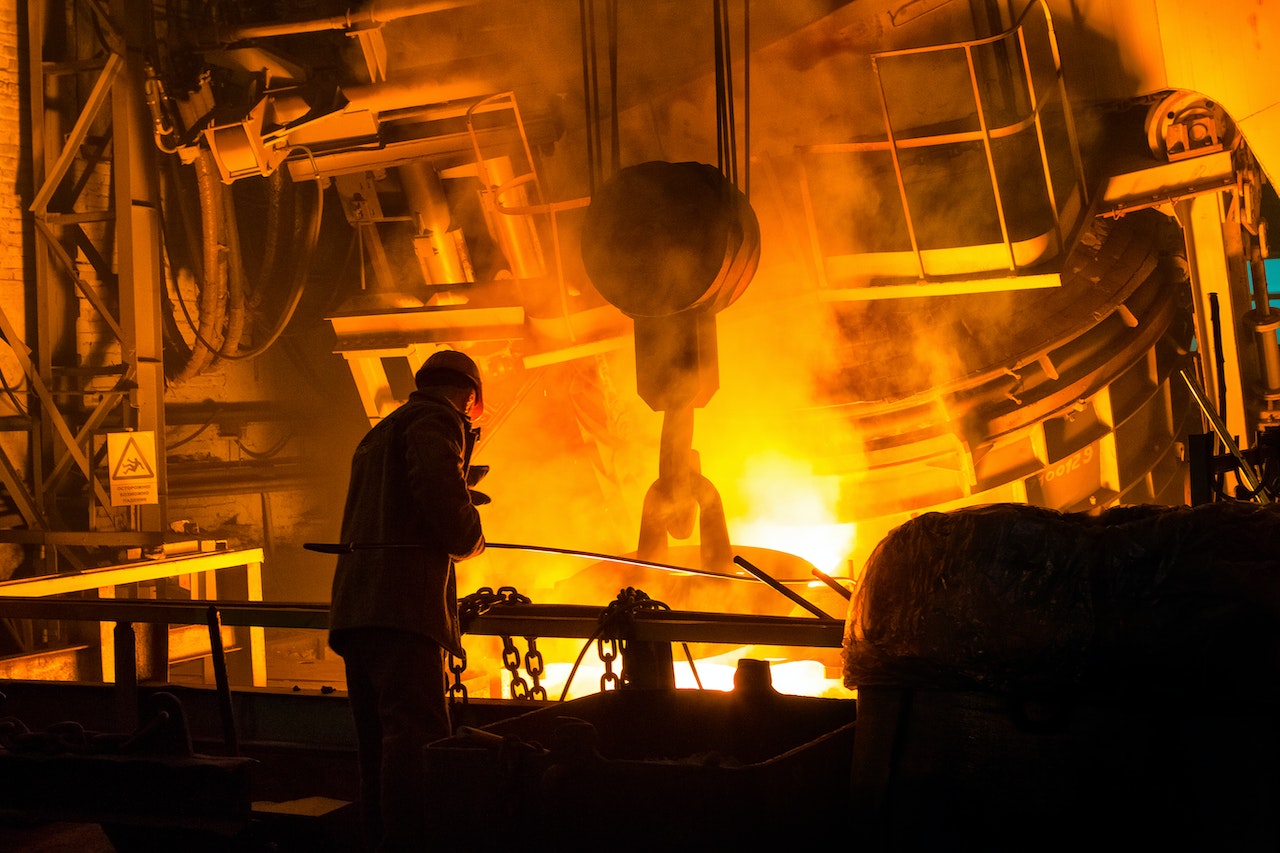Singapore Green Jet Fuel Levy on Travellers Ignites Funding Debate
Global Factory Activity Contracts Amidst Slowing Growth and Chinese Weakness

Global factory activity faced a further decline in July, as indicated by private surveys released on Tuesday, signaling the impact of slowing growth and weakness in China on the world economy. The Purchasing Managers’ Index (PMI) for the euro zone revealed a contraction in manufacturing activity at the fastest pace since the onset of the COVID-19 pandemic, reflecting reduced demand despite significant price cuts by factories. Germany, France, and Italy experienced notable declines in manufacturing activity, deepening concerns for policymakers as they balance inflation control with the need to avert potential recessions.
Europe’s largest economy, Germany, encountered considerable weakness at the beginning of the third quarter, with a significant decline in new orders for goods producers. In France and Italy, the second- and third-largest economies in the euro zone respectively, factory sectors also contracted further, adding to the economic challenges in the region. The uncertain state of the euro zone’s manufacturing sector, impacted by waning output, inflation, labor shortages, and shifting customer preferences, adds to the complexity faced by policymakers.
Asian economies also felt the strain of sluggish Chinese demand. Surveys showed that manufacturing activity in Japan, South Korea, Taiwan, and Vietnam contracted in July. China’s private PMI recorded its first fall since April, with the Caixin/S&P Global manufacturing PMI dropping to 49.2 in July from 50.5 in June. This has raised concerns for policymakers in China seeking to revitalize the post-COVID recovery momentum. Emerging Asia, which had been a bright spot in the global economy, now faces challenges as falling new orders, bleak employment prospects, and high inventory levels point to subdued factory activity in the coming months.
Despite the overall contraction, India’s manufacturing sector maintained healthy growth, exceeding expectations for the second consecutive month. However, China’s slowdown clouds the outlook for the region. The International Monetary Fund revised its forecasts in July, projecting a modest acceleration in emerging Asia’s economic growth for this year, while expecting China’s economy to expand at a slower pace compared to the previous year. Policymakers worldwide face the complex task of navigating between inflation control and economic expansion amidst a backdrop of global uncertainty.

